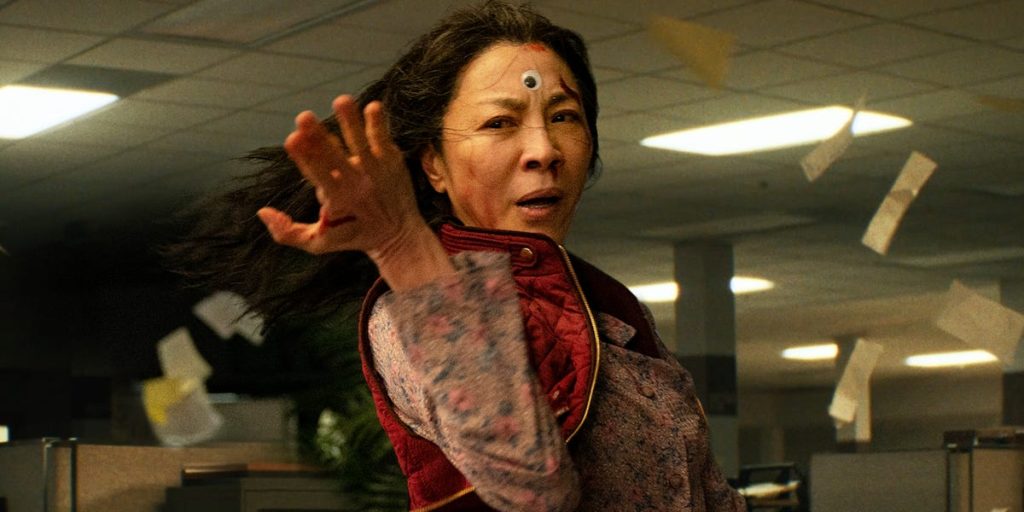- VCs and private equity have poured millions into startups bringing AI tech to film and TV production.
- They’re using AI to reduce the cost and time to create special effects like de-aging and film restoration.
- AI startups disrupting Hollywood include MARZ and Wonder Dynamics, cofounded by “X Men” star Tye Sheridan.
Generative AI has spawned a raft of tools with real-life applications to Hollywood — and VCs are getting in on the action.
Startups focused on filmed entertainment have raised millions in funding in the past couple of years as investors see the potential for AI tech to dramatically change how TV shows and movies are made.
Driving the action are tools for de-aging and other special effects work from companies like Deep Voodoo and MARZ. Other growing applications of AI include dubbing, recreating voices of bygone actors, and restoring old films and TV series.
The number of new original series has soared in recent years to feed the booming appetite for streaming content. The pitch of these startups is that their tools can aid artists overwhelmed by the explosion of work associated with that growth.
Matt Panousis, COO of MARZ, said the company has a forthcoming tool, Vanity AI, that reduces to 20 minutes what it used to take a special effects artist three days to do. “Anything you can do in VFX that saves time and capacity is welcomed with open arms,” he said.
Investors are flocking to these companies because they figure if the new AI tools they’re making can satisfy Hollywood’s standards for quality and verisimilitude, other industries will fall in line to use them, too.
Investment in AI startups for entertainment is “blowing up right now,” said Michael Blank, head of consumer investing at CAA. Blank leads Connect Ventures, an investment partnership between the agency and VC firm NEA that led a recent $20 million investment in Deep Voodoo — which was previously funded entirely by Park County, “South Park” creators Trey Parker and Matt Stone’s production company.
“I think Hollywood’s going to be leading because the companies that rise to the top will be the ones that can work at the highest quality bar,” Blank added.
To be sure, Hollywood creative stakeholders share the broader concerns about generative AI taking people’s jobs and stealing artists’ content. There are also worries about the nascent technology being used to deceive viewers and exploit actors.
There are already AI tools that can write full scripts. Down the road, people working AI predict it will be used to create entire movie characters and scores and to personalize video game experiences.
“All elements of how you make content will be influenced by generative AI — generating parts of faces, backgrounds,” said Thomas Graham, CEO of Metaphysic, a London-based AI startup known for its Tom Cruise deepfakes. “Over 10, 15 years, it’ll touch every part of content creation.”
Vendors and investors told Insider that over time, AI tools will change jobs, not replace them. Chatbot-written scripts aren’t ready for primetime — at least not yet. And in bringing down the cost of production, the argument goes, AI will ultimately create more jobs by freeing up funding for more projects.
“We’ve taken clients to experience this firsthand and a number of times, the response has been, there’s a movie I’ve always wanted to make that I didn’t think was possible because of the technology, and now I know it is,” Blank said of deepfake technology.
Insider scouted eight dynamic AI-centered companies that have raised capital in recent years, listed in alphabetical order. Here’s how they’re partnering with — and disrupting — Hollywood.
This list was originally published March 8 and has been updated with the addition of Neosapience.
Read the full article here




